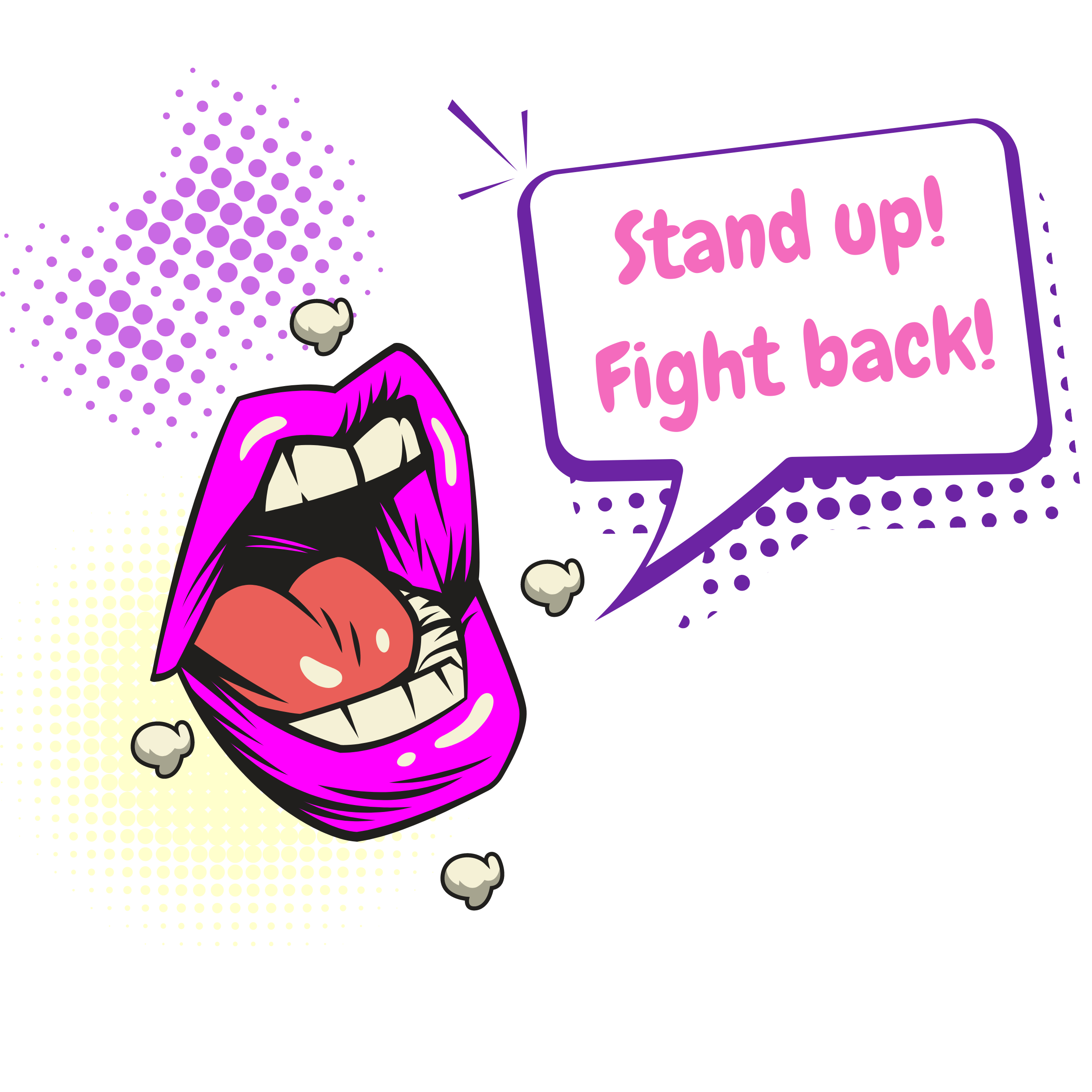
Workshops
-

Supporting Formerly Incarcerated LGBTQIA2s+ People
This workshop is for s ocial services agencies that work with people returning to community from prison. In this workshop, we identify the unique challenges LGBTQIA2S+ people experience in prison, share some of the biggest barriers that delay release, describe challenges folks might face in the outside world, and provide tips for reaching out to incarcerated LGBTQ2S+ community members.
-

Case Management Basics
A must have for new and seasoned case managers. Learn the tools, tricks, and tips for managing community members’ connections to resources and supports. Identify your boundaries to prevent compassion fatigue.
-

Organizational Safety Planning
Working in community with people experiencing trauma requires thoughtful attention to how to create safer spaces. In this session, we will reflect on our personal meanings of safety, identify potentially unsafe situations, and develop the basics of a safety plan for your organization. We will use a trauma-informed approach to develop strategies to both prevent and address unsafe situations.
-

Equitable Program Planning
Put your values into practice through your program planning. Whether developing a new program or revising an existing program, using an equity lens can create programs that are better aligned with community needs, while eliminating disparities and barriers. In this session, we use reflection and an equity lens to think about how to make new and existing programs more equitable.
-

Equitable Program Evaluation
Whether you’ve got data or need to get data, this workshop will help you apply an equity lens to you tell the story of your programs and services. In particular, we consider the ways that we can use data to support program improvements that reduce disparities and catalyze organizational change. We share a model for community-engaged evaluation and offer tools to help to at each phase of your evaluation journey.
-

Trauma-Informed Services for LGBTQIA2S+ People
LGBTQIA2S+ communities continue to serve as scapegoats and targets for bigoted legislation and social marginalization. Supporting queer and trans people–who are more likely to have experienced traumatic events–requires careful attention to the unique forms of harm that face the community. In this session, we provide a background of anti-queer and trans policies and practices, identify the ways this creates harm, and offer approaches and practices that ensure your practice is trauma-informed.
